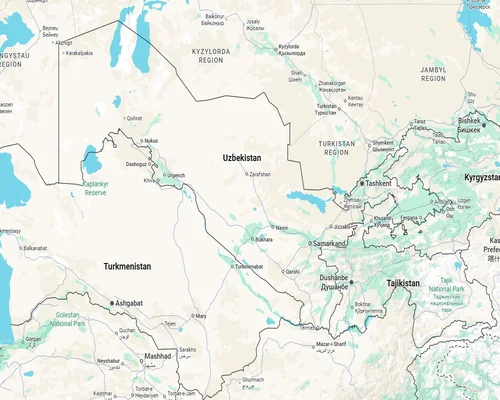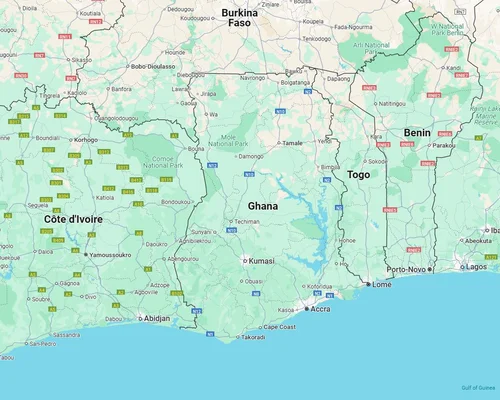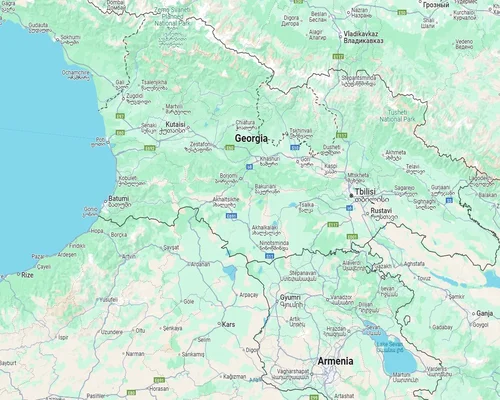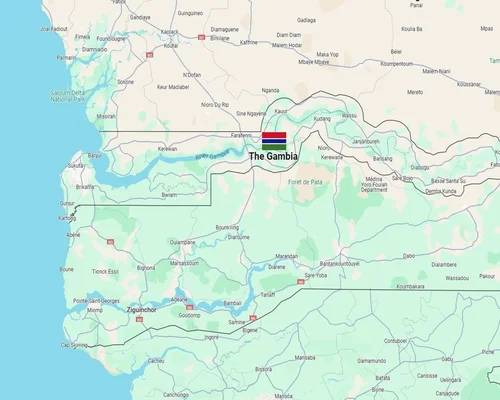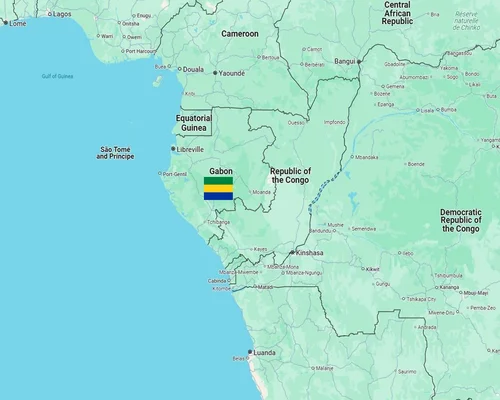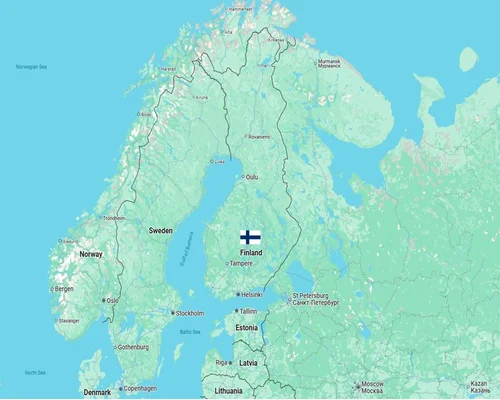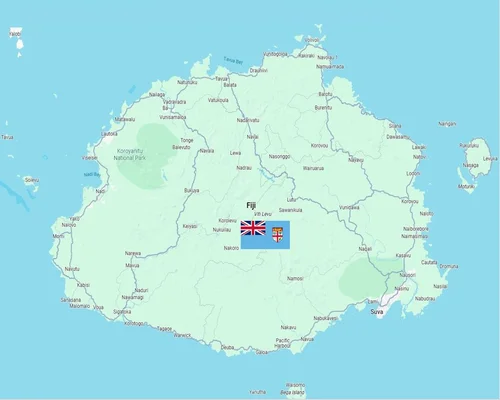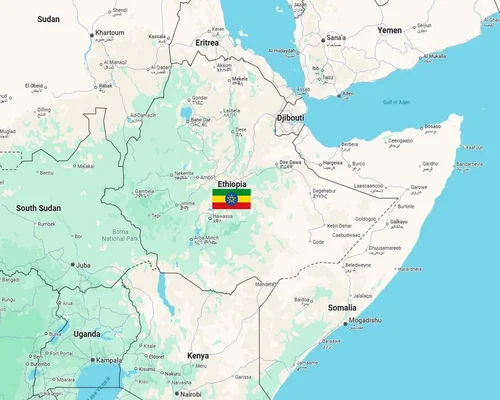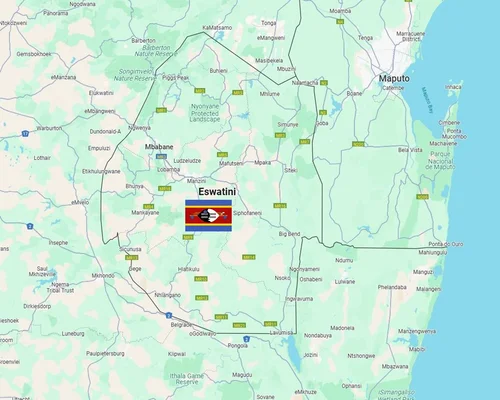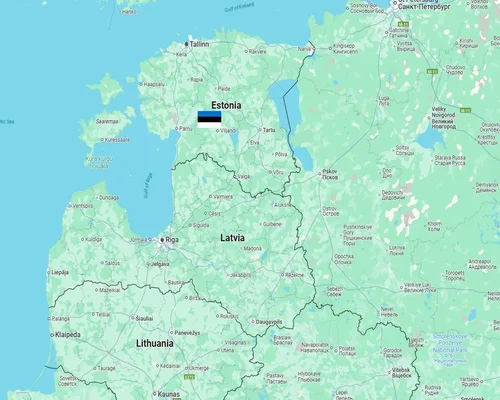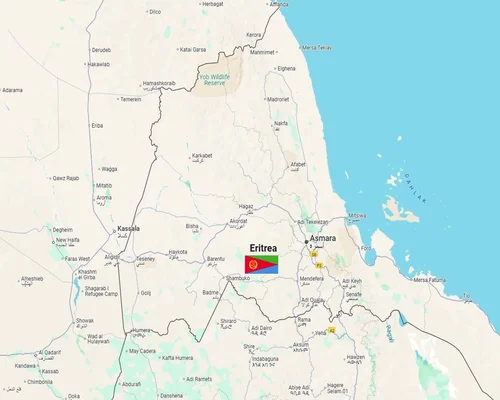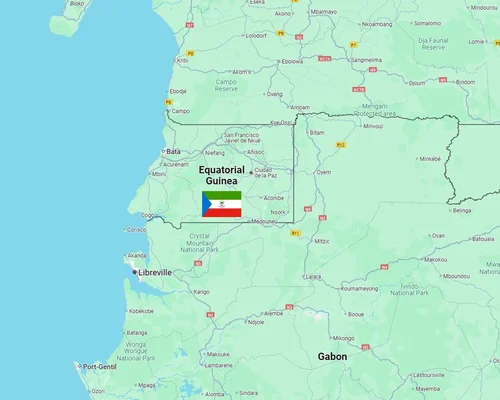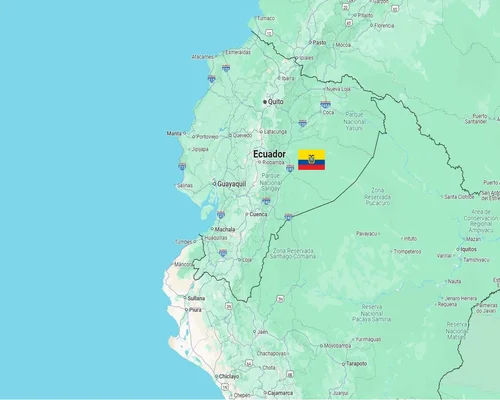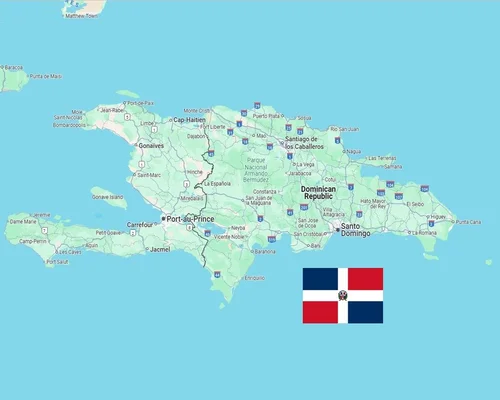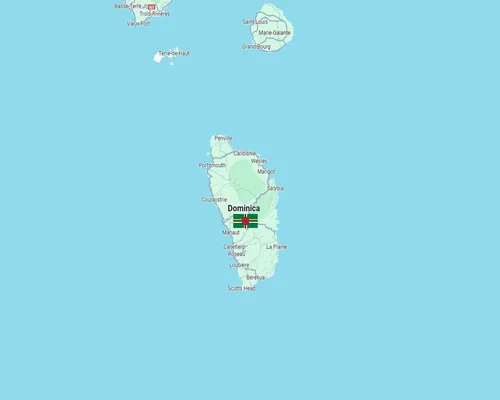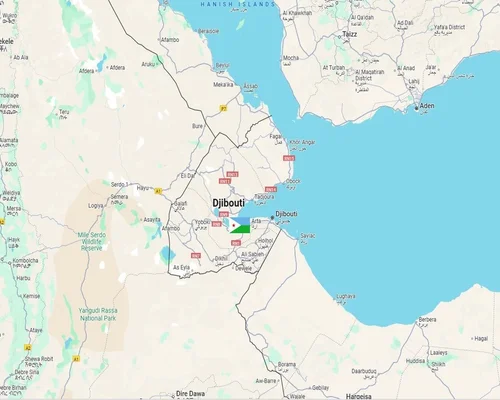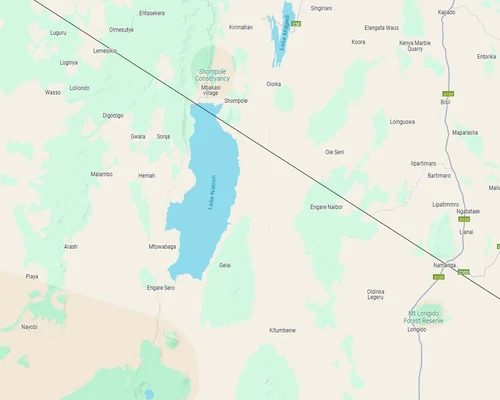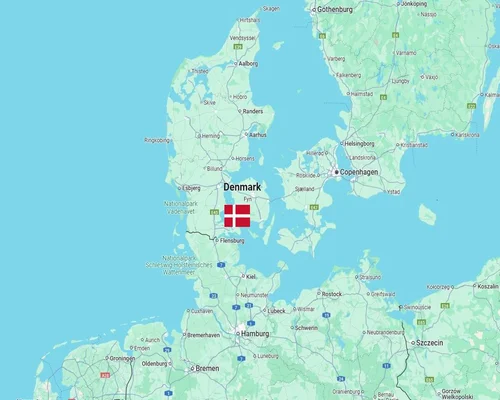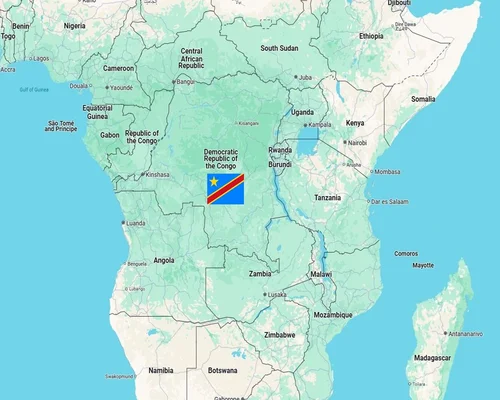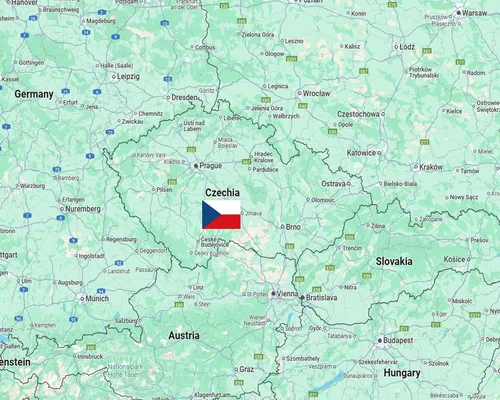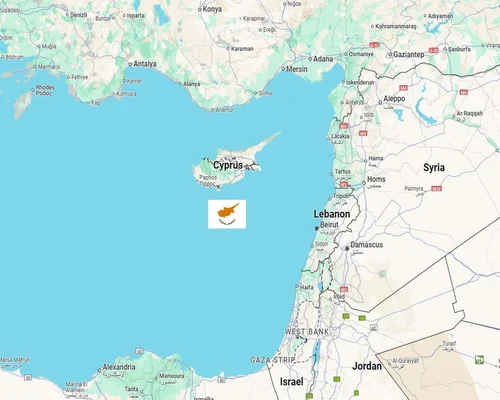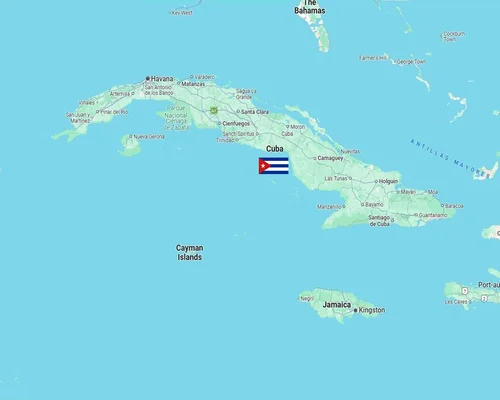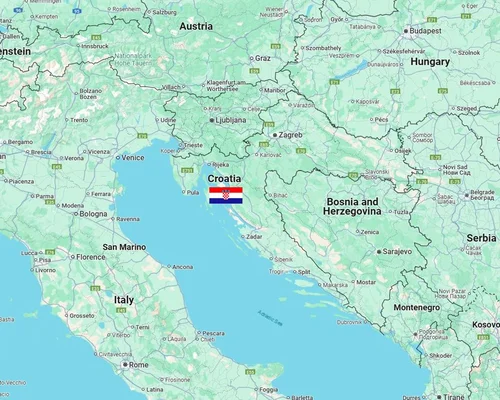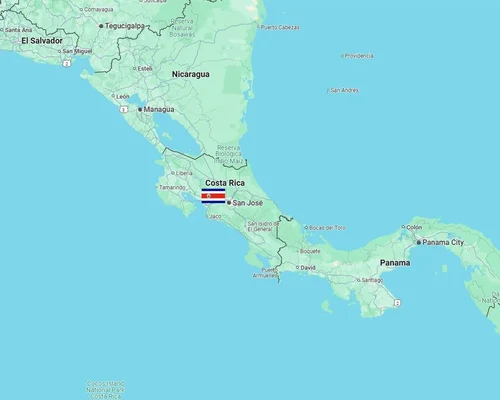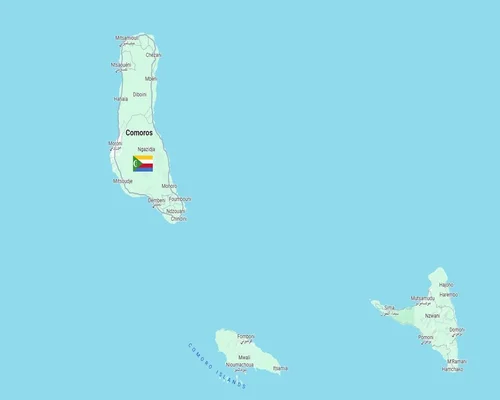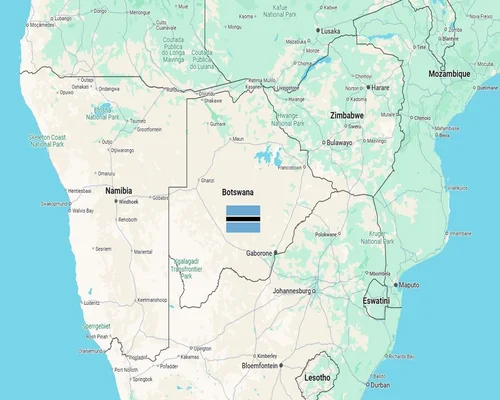
Facts about Botswana
Facts about Botswana
Botswana is a landlocked country in southern Africa, known for its stable democracy, rich diamond mines, and diverse wildlife. It is one of the most peaceful and developed countries in Africa.
General information about Botswana:
Capital:
Gaborone.
Location:
Botswana is located in the central region of southern Africa.
Its neighboring countries are: South Africa, Namibia, Zambia, and Zimbabwe.
Terrain:
About 70% of the country is covered by the Kalahari Desert.
Government:
Botswana is a parliamentary democracy.
It gained independence from Britain in 1966.
Economy:
Diamond mining, pastoralism, and tourism are the mainstays of Botswana economy.
Population and Language:
Population:
About 2.4 million (as of 2024).
Language:
Setswana: Main local language.
English: Official language.
Religion:
Christianity is the main religion, but many people practice traditional indigenous religions.
Natural features and wildlife:
Okavango Delta:
It is the world largest inland delta and a UNESCO World Heritage Site.
It is a haven for wildlife.
Chobe National Park:
This park has the largest population of elephants in Africa.
Moremi Game Reserve:
It is a popular place for wildlife viewing.
Kahandi Desert:
The San people here are known for their traditional way of life.
Economy:
Diamond production:
Botswana is one of the world largest diamond producers.
The diamond sector accounts for a large portion of the country total export earnings.
Tourism:
Wildlife tourism is an important part of Botswana economy.
Agriculture:
Cattle raising is the main agricultural activity.
Currency:
Pula: The currency of Botswana.
Culture and society:
Basarowa people:
An ancient indigenous people living in the Kahandi Desert.
They lead a traditional hunter-gatherer lifestyle.
Traditional clothing and music:
Bastovian music and dance play a large part in their traditional storytelling.
Festivals:
Republic Day: The country independence day is celebrated on 30 September.
There are various cultural festivals, such as Wildlife Conservation Day.
Health and education:
Tackling HIV/AIDS:
Bastovians have a high rate of HIV infection. However, the government is tackling the problem through various effective programs.
Education:
The country has a very high literacy rate.
Tourist attractions:
Okavango Delta:
A unique natural site, which is especially popular for safari tours.
Chobe National Park:
Famous for wildlife viewing and boating.
Makgadikgadi Pan:
One of the largest salt flats in the world.
Tsodilo Hills:
A UNESCO World Heritage Site, known for its ancient petroglyphs.
Special Facts:
Meaning of Pula:
The word "Pula" means "rain". This is very important for Botswana, as the country is quite dry.
Political Stability:
Botswana is one of the most stable democracies in Africa.
Conclusion:
Botswana is known worldwide for its natural beauty, wildlife, and diamonds. The country is unique for its economic stability, peaceful environment, and traditional culture. It is a great destination for nature and wildlife lovers.

